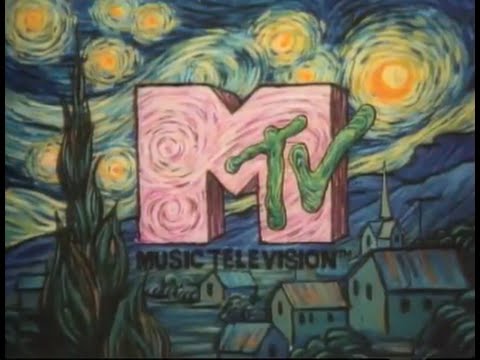Abstract—The English-like business programming language COBOL saw widespread use from its introduction in 1960 well into the 1980s, despite being disdained by computer science academics. This article traces out decisions made during COBOL’s development, and argues that its English-like appearance was a rhetorical move designed to make the concept of code itself more legible to non-programming management at computer-using companies.
I found some of the references much more interesting than the paper, which is a pretty high-level history avoiding the actual boots on the ground details.
COBOL was designed (and fought over very hard on this point) so that unskilled managers could "read" it, but in my view that had little to do with its spread. Middle management where that would matter has no buying power, and executives won't read more than a sentence on a slideshow.
Ubiquity made much more of a difference; no two computer installations were compatible until the late '60s, so the alternatives were COBOL, FORTRAN, LISP, and a hundred weird languages invented at each facility. Given those choices, I'd pick FORTRAN or LISP, but even COBOL would beat rewriting on every machine. A bunch of companies and government agencies ended up clustered on that choice, so it became widespread, not on any merits but because programmers could move code semi-automatically.
I know this because it happened at least five more times that I can think of, and only once with unskilled readability as a goal:
- BASIC is a tutorial language for children, very poor for large programs, very slow compared to C or ASM, grossly inferior to Pascal or Logo for any role. BASIC became ubiquitous because it can be implemented in a few K of RAM and worked nearly the same on hundreds of incompatible timesharing and microcomputer systems.
- Java is a mediocre Objective-C/Smalltalk replacement, applets turned out to be too heavyweight for the web and insecure, but cross-platform on servers turned out to be very valuable; cross-compiling C++ is a total crapshoot. Developers can have nice Macs and still compile Java code that runs on non-Mac servers.
- Linux (not a language, I know, but same pattern) is hot garbage, the product of a drunk, belligerent Finn student putting a kernel that'd get him a failing grade in an OS class on his 386. But because it's so quarter-assed and has no device driver support, it runs on anything like a virus. So now UNIX is all but dead, killed by a nematode parasite that fills the niche.
- PHP is a cruel joke, a gross hack to put server-side script in HTML instead of generating HTML in code or templating. But it was easily installed in Apache, runs everywhere with no setup. So half the web runs on this shit, from WordPress to Facebook.
- JavaScript started life as a six week hack to get LISP & Self-like programming, with C-like syntax for marketing reasons, in a web browser. And until early 2000s, it wasn't portable enough for anything useful. But when IE died and the other browsers implemented ECMAScript consistently, it became the universal language. It's still weird and fragile; I don't dare write it without eslint. But it may be the language of the century.
There's the similar case of IBM PC/DOS/Windows vs microcomputers and Macintosh, which were better tools but fragmented, but that's more about central authorities imposing Nazi-supporting IBM, and convicted criminal organization Microsoft bribing and extorting to kill competition. Common languages would likely have been enough to keep competition and diversity going if IBM & MS had been burned to the ground and their scatterlings shot as they ran back in the '70s.
The author of the paper sort of slouches in this direction but doesn't quite get it, when pointing out how science and technical culture has standardized on English. We are all incompatible machines, but a common language lets us argue.
I hate when papers list references without URLs:
- 10 PRINT CHR$(205.5+RND(1)):GOTO 10: Fun little book, not at all relevant to the paper.
- N. Wardrip-Fruin, Expressive Processing
- M.C. Marino, Critical Code Studies
- B. Schneiderman, The Relationship Between Cobol And Computer Science
- J. McCarthy, "Memo To P. M. Morse: A Proposal For A Compiler" Memo CC-56
- D. Nofre , M. Priestley , and G. Alberts, "When Technology Became Language: The Origins Of The Linguistic Conception Of Computer Programming, 1950–1960"
- M.D. Gordin , Scientific Babel: How Science Was Done Before And After Global English
